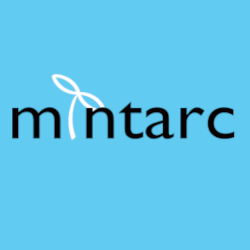Main Page
From Mintarc Forge
Welcome to mintarc forge
This a place that you can use to explore or learn more about Free and Opens Source Software (FOSS) as well as Opens Source Software (OSS)
What is FOSS and OSS
Understanding how Licensing Works
Data Privacy and Data Ownership
Data privacy is closely associated with data ownership. When individuals share their personal information with organizations, they retain certain rights over that data. This concept of data ownership implies that individuals should have control over how their information is collected, used, and shared.
The idea of data ownership includes:
- The right to access personal data
- The ability to correct inaccurate information
- The power to request data deletion
- Control over data sharing with third parties
Know what Third-Party Data Handling is
A third party is an external entity that an organization contracts to perform specific services or functions. These can include data analysis, cloud storage, or other business processes that involve handling sensitive information
Understanding how third-party organizations handle your data is crucial for several reasons:
- Risk extension: Third parties may have their own vendors (fourth parties), expanding the scope of potential risks.
- Data breaches: Inadequate security controls by third parties can lead to data loss, identity theft, and fraud.
- Compliance issues: Organizations are often held responsible for data breaches that occur through their third-party vendors.
- Reputational damage: Mishandling of data by third parties can harm the primary organization's reputation and customer trust.
FOSS or OSS could be a Better Approach
These can often provide a better approach to ensuring data privacy and security:
- Transparency: Open source code allows for independent audits of security measures.
- Community oversight: The "many eyes" theory suggests that open source software benefits from community review, potentially making it more secure.
- Customization: Organizations can more easily adjust FOSS to meet specific security and privacy needs.
- Reduced vendor lock-in: FOSS decreases dependence on a single vendor, allowing for greater control over data handling practices.
- Continuous improvement: The open nature of FOSS encourages ongoing security enhancements by the community
